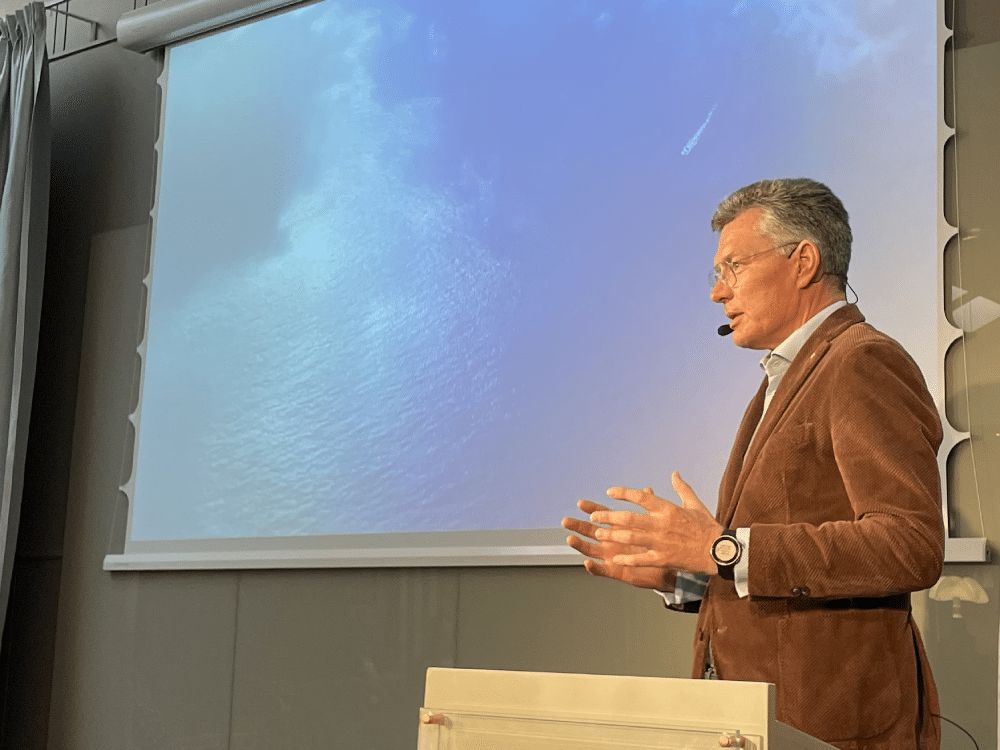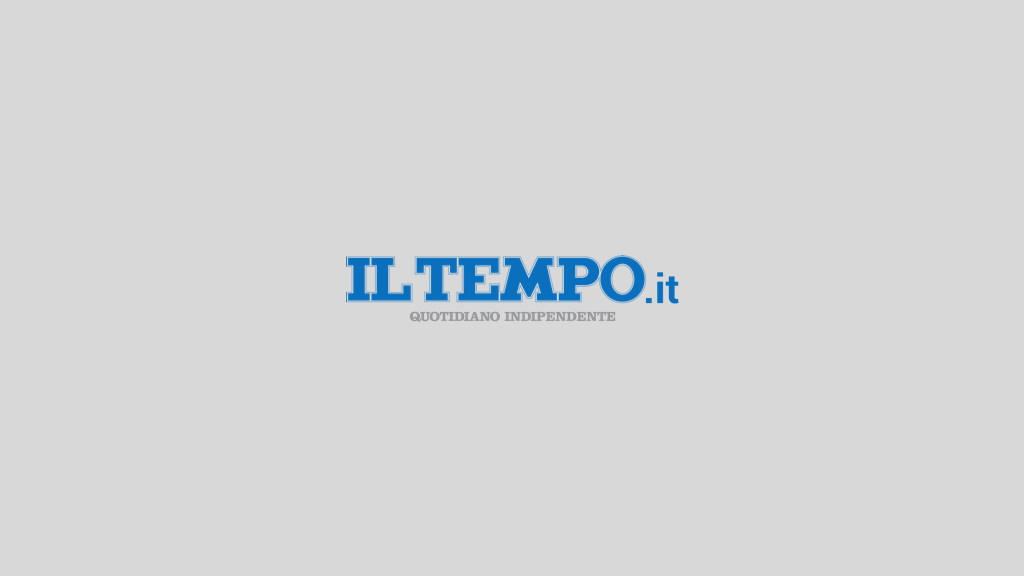Italian Defense Giant Leonardo Expands into Cybersecurity with SSH Investment

Italian aerospace and defense conglomerate Leonardo has taken a significant step into the cybersecurity sector by acquiring a 24.55% stake in Finland's SSH Communications Security Corporation. This strategic investment, valued at approximately €20 million, positions Leonardo as the largest shareholder in SSH, surpassing Accendo Capital, which will retain a 20.87% stake post-transaction. The move underscores Leonardo's commitment to expanding its cybersecurity capabilities in an increasingly digital and interconnected world.
The partnership between Leonardo and SSH is set to leverage SSH's expertise in Secure Shell (SSH) protocol and Privileged Access Management (PAM) solutions, areas critical for securing digital communications and access to sensitive systems. SSH's global reputation and technological advancements, including quantum-safe encryption technologies, align with Leonardo's strategic objectives to enhance its cybersecurity offerings. This collaboration is expected to drive innovation in protecting critical infrastructure and digital assets against evolving cyber threats.
Roberto Cingolani, CEO and General Manager of Leonardo, highlighted the acquisition as a pivotal element of the company's industrial plan, aiming to establish Leonardo as a leader in the Zero Trust revolution in Europe. The deal not only expands Leonardo's international portfolio but also strengthens its position in the cybersecurity market, which is anticipated to experience double-digit growth in the coming years.
The transaction, subject to certain conditions, marks a significant milestone for both companies. For SSH, the investment by Leonardo opens new avenues for growth and collaboration in the defense sector, a market with compelling opportunities. For Leonardo, the stake in SSH represents a strategic move to bolster its cybersecurity business, reflecting the growing importance of cyber defense in modern warfare and security strategies. Together, Leonardo and SSH are poised to address the complex challenges of cybersecurity in an era of digital transformation and geopolitical tensions.



